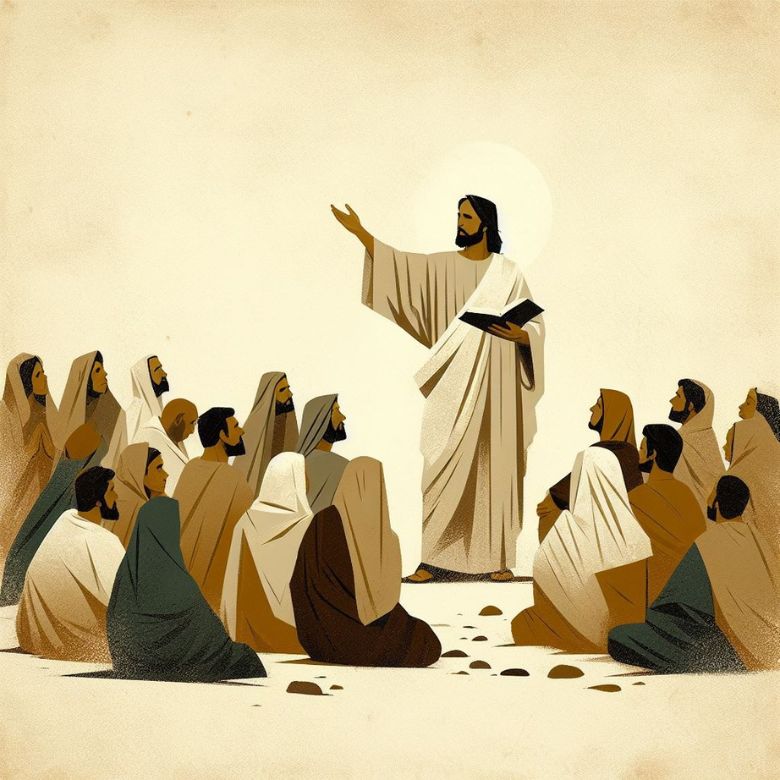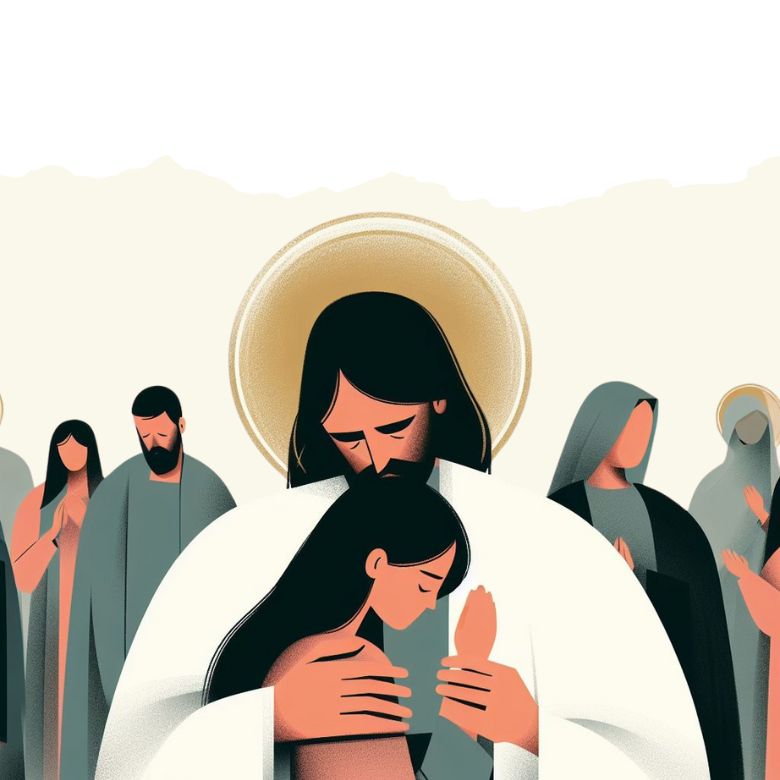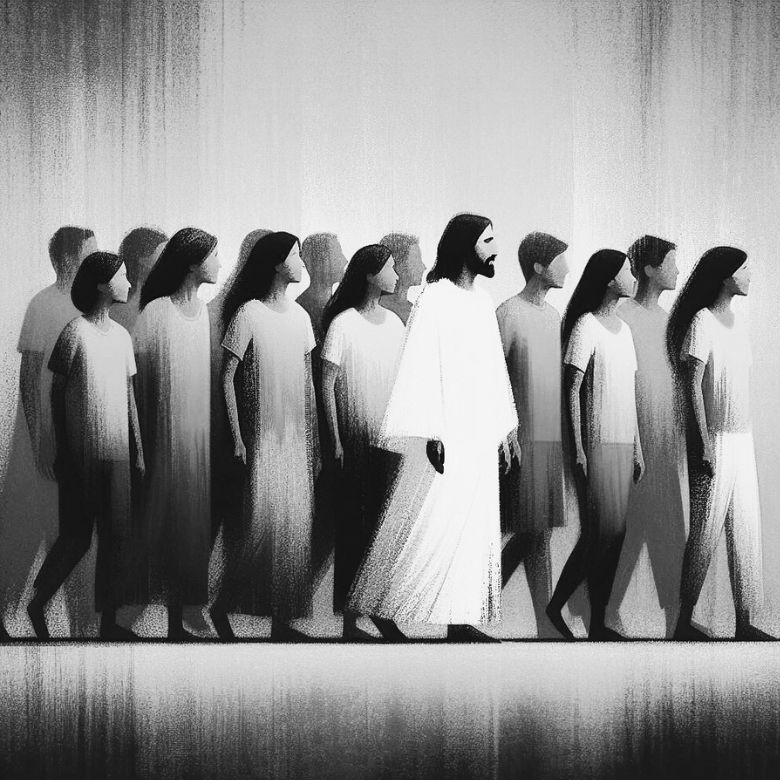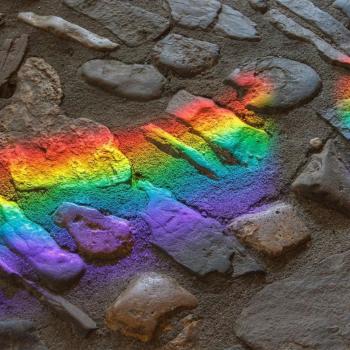Jesus Traveled Where Some Dare Not Travel
Picture if you will Jesus, traveling purposefully into Samaria to meet someone. In his time, it was unheard of for a Jew to travel through Samaria. Much like the Metro Atlanta, Georgia area, there is a straight shot through Atlanta traveling I-75 South. If you are a local person, the thought of driving through downtown brings a collective sigh. It’s crowded, it’s confusing to those who aren’t locals, and it’s just a mess. The alternate route that makes a circle around Atlanta is I-285. It is pretty terrible too, don’t get me wrong. But, it is an alternative to the Atlanta snarl, and even though it is odious indeed, we still occasionally take that road. Much like I-285, Jewish people traveled that circle to avoid Samaria at all costs.
Why Did the Jews Avoid Samaria?
Typically Jews avoided Samaria because of the deep animosity that was amongst the people. It was the common belief that the Samaritans had compromised their heritage and had become known as, “half breeds.” Bible Scholars refer to this time in history as the “Samaritan Schism.” Jews would go so far as to cross the Jordan River before attempting to travel through that area. Did they completely avoid it? No. There were times that they had to travel through. The historian Josephus discussed this in his writing.

Who was the Woman at the Well?
This past Sunday at church, we discussed the story of the Samaritan woman that occurred in John 4. In the text, the scripture stated that Jesus “had” to go to Samaria. He had a divine appointment with a woman at the well. As Jesus and his disciples traveled to Samaria, Jesus stopped at the well while the disciples went to find food. At that well something quite amazing happened. Jesus broke so many social norms by asking the woman who was at the well to draw him some water.
What taboos did Jesus break?
Jesus spoke to not only a Samaritan, but a woman. The social norms of the time dictated that you just do not ask a random stranger for a drink of water from their drinking utensils. I can imagine the woman thinking, “Are you talking to me? A woman of whom you have no association with?” Probably after recovering her wits, she asked him if he had a means to recover the water from the deep well. If you really think about it, the woman asking this question was a bit, shall we say, saucy. She saw that Jesus had no utensil in which to draw. This response might have been a combination of incredulity that a Jewish man would dare to even make the leap to speak to a lowly Samaritan woman.
The Samaritan Woman was Open to Jesus’ Living Water
After she asked about this ability to draw water, Jesus shared with her that the water of this world would make people thirsty again. But his water, the living water was that of eternal life. Intrigued by his answer, she asked for the living water so that she may never thirst again. In that moment, Jesus touched her very soul. He asked her to go and fetch her husband. In my mind, I can imagine her turning her head in shame. She looked at him and said, “Sir, I have no husband.” In that moment, Jesus in his compassion and mercy told her that he knew that she had no husband at the moment, but rather a live-in lover. Her previous husbands numbered five. Yet even in that knowledge, Jesus continued to minister to her.

The Woman at the Well had to Tell Others About Her Experience
After that, she left her bucket and proclaimed to those around her that she had met the Messiah. She implored others to come and see the man that knew all of her actions, yet still spoke with her. After my Sunday School class recounted the story, our teacher put forth this theory. The Samaritan woman was the first evangelist of the gospel. In my strict upbringing of the Southern Baptist church, that did not quite compute. When I was a child, women did not serve in leadership ministry roles. In fact, this story was put forth by my childhood church that this was a lowly woman who had a reputation in her village as a woman with many men in her history. But yet, after her encounter with Jesus, this woman traveled to her village amidst her shame as a person and proclaimed the good news that she had met the Messiah. The village was so intrigued that they asked Jesus to stay for a few more days. As a result, many more became believers. She was never even referred to as a “whore” in my church. Even if that were the word that was used to describe her, could we not deduce that she was indeed an evangelist?

Was the Woman at the Well the first Evangelist?
After letting this thought percolate in my mind, I came to the conclusion that she was indeed an evangelist of the gospel. Even today, this idea is controversial in some church circles. Why? Because there are other scriptures admonishing women to keep silent in the church. Also, there are scriptures that refer to the traditional roles of husband and wife. Honestly, I have been and still continue to be a traditional stay-at-home wife. I am a mother of six grown “kids” and I loved every minute of my role as wife and mother. On the flip side, my husband encouraged me many years ago to pursue getting my ministerial license. I met a lady named Pat Carver who had a ministry that touched many people all over the world. This one woman, who much like me stayed at home to a wife first, became a minister of the gospel. Pat was shunned in some circles, yet still continued to be kind. She was rejected by other ministries, yet never stopped sharing her message. Perhaps that is because she knew the story of the first evangelist, the woman at the well.

Women Can Serve in Ministry
There have been times in the past that I was shunned to serve in church leadership because I was a woman. I have been told to “wear a dress” when standing on the podium. At that time, it really didn’t phase me because I had such great examples of women who kept on sharing despite their perceived station in life. My conclusion? God uses us where we are, no matter who we are, no matter how broken we may be. If our hearts are open. He is there for us. Thank God for the woman at the well. May her story continue to be a blessing.














